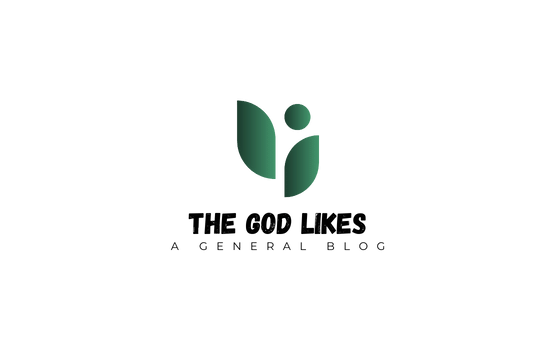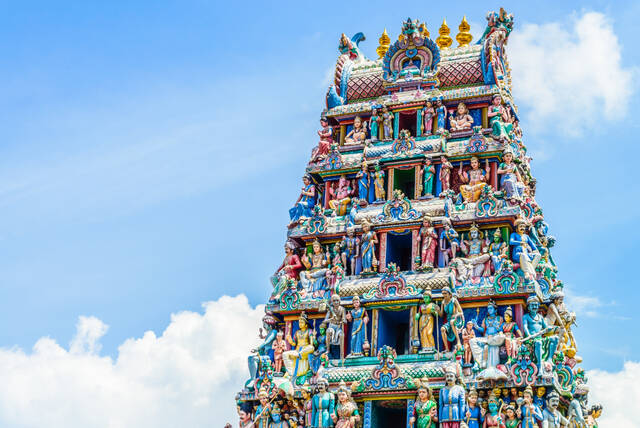Many societies throughout history have held their gods and goddesses in high esteem, often imbuing them with extraordinary powers and abilities. The beliefs and pantheons of many myths make it difficult to identify a single “most powerful” deity. In this investigation, we’ll go into a number of mythologies and look at the gods that are often considered to be the most potent in each.
Table of Contents
1. Zeus
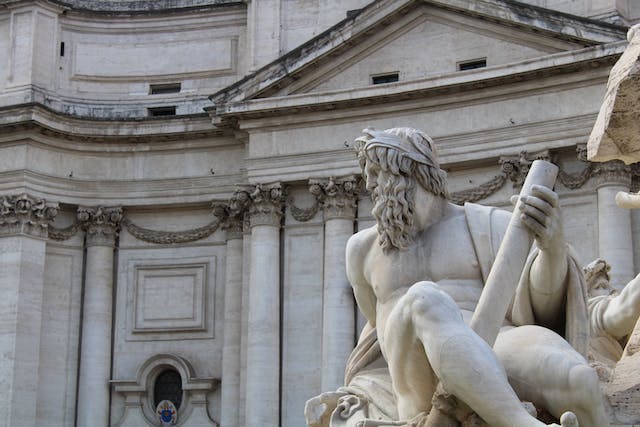
Zeus is often regarded as the most powerful deity in Greek mythology. Zeus has tremendous power in both the mortal and eternal worlds due to his status as monarch of the Olympian gods and deity of the sky and thunder. The lightning bolt that has become his trademark represents his mastery of the weather. Furthermore, Zeus’s function as the upholder of cosmic order (karma) and the protector of justice among the gods and humans exemplifies his might.
2. Vishnu
Brahma (Hinduism’s “Creator”), Vishnu (Hinduism’s “Preserver”), and Shiva (Hinduism’s “Destroyer”) make up the Trimurti. Vishnu is the god of perpetual life and is considered the most potent of the three. When dharma (righteousness) is under danger, he takes on new guises (avatars) to protect it. His incarnations, or “avatars,” have been influential throughout human history with figures like Rama and Krishna.
3. Amaterasu
Amaterasu, the goddess of the sun, is worshiped in Shinto, Japan’s traditional religion. Her importance in Japanese mythology is immense, and it is said that her light may be seen throughout the globe. Her importance in sustaining harmony and prosperity is highlighted by the legend that the world fell into darkness when she withdrew into a cave.
4. Ra
Ra, the Egyptian sun god, was highly regarded in ancient Egyptian mythology. In Egyptian belief, Ra’s voyage across the sky as the source of life and illumination was fundamental. His effect was felt in both this world and the next, highlighting the sun’s everlasting impact on everything.
5. Odin
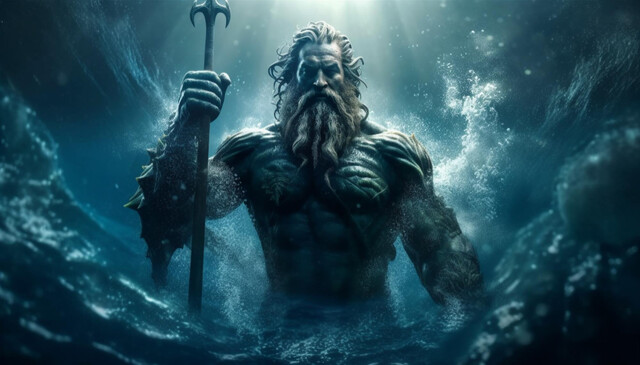
Odin is the most venerated deity in Norse mythology, holding the position of All-Father and leader of the Aesir. Odin’s influence spans the realms of knowledge, battle, and the arts. It is said that he has learned the runes (the mystical alphabet) and can manipulate the fates of both humans and deities. The depth of Odin’s might and intelligence is shown by his legendary search for knowledge and act of self-sacrifice at the base of Yggdrasil.
6. Brahman
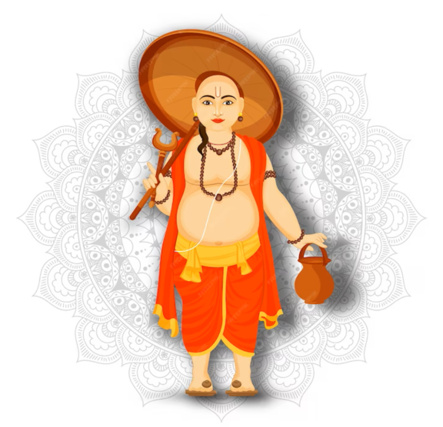
Brahman, in Hindu thought, is the ultimate reality, one that goes beyond the humanoid representations of gods. It is incomprehensible because of its absence of shape and endless duration. Everything, including the visible and invisible universes, may be traced back to Brahman, the ultimate ground of being. Brahman is not a traditional deity but rather a metaphor for the all-pervasive cosmic force.
7. Yahweh
The notion of God as the universe’s creator and sustainer is central to the Abrahamic faiths (Judaism, Christianity, and Islam). Even if there are differences in how God is understood and worshiped, all of these religions have a belief in God’s all-knowing and all-powerful nature. In Judaism, God, or Yahweh, is considered to be all-powerful, with sway over everything in the cosmos.
Conclusion
As cultural, theological, and philosophical viewpoints vary, identifying the “most powerful” deity is a difficult undertaking. All the gods we’ve discussed above play important roles in their mythologies, and each one is endowed with special powers and duties. These deities are important to millions of people throughout the globe because they represent archetypes, cultural icons, and inspiration.
The stories and ideas that connect with people and groups will ultimately develop the concept of the most powerful deity. These deities, whether all-powerful deities or personifications of cosmic principles, provide a powerful prism through which humans might ponder the mysteries of life and try to find their place in the immensity of the universe.
